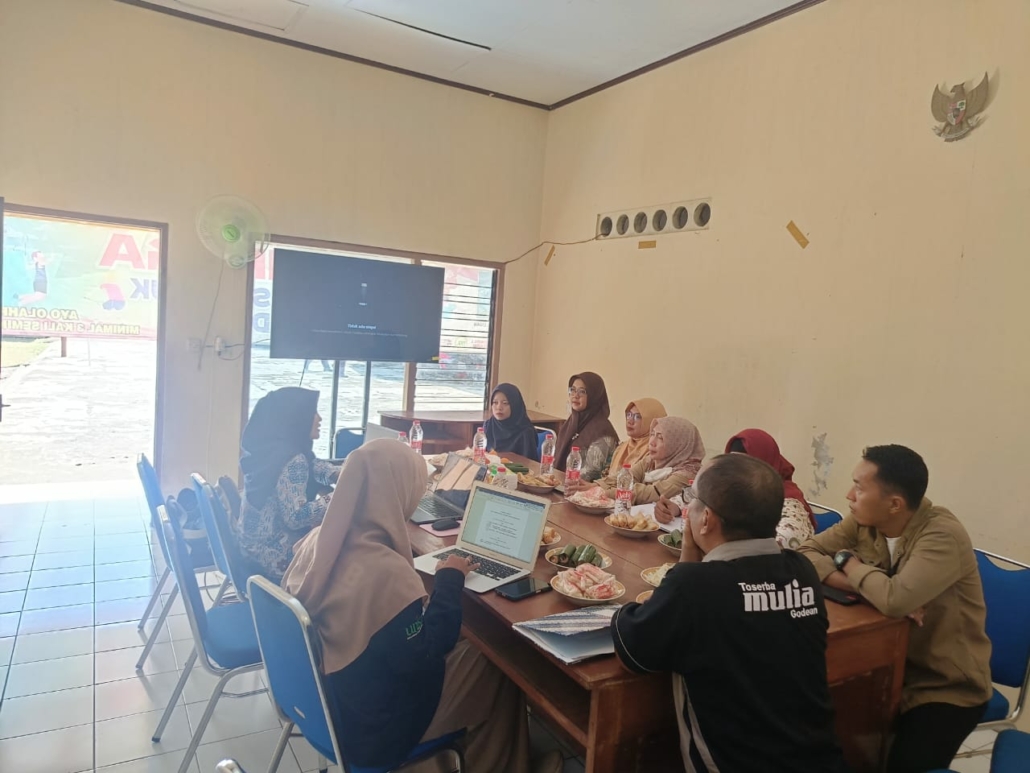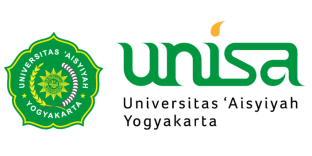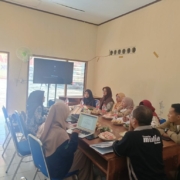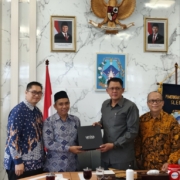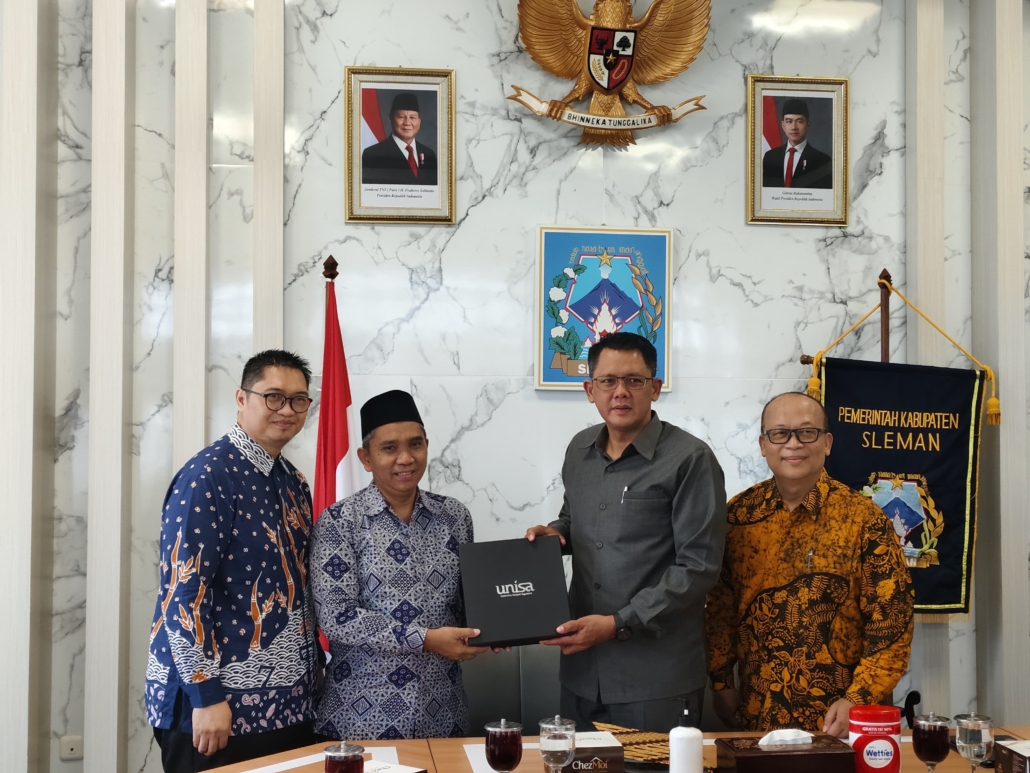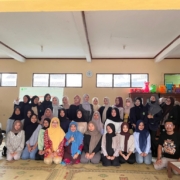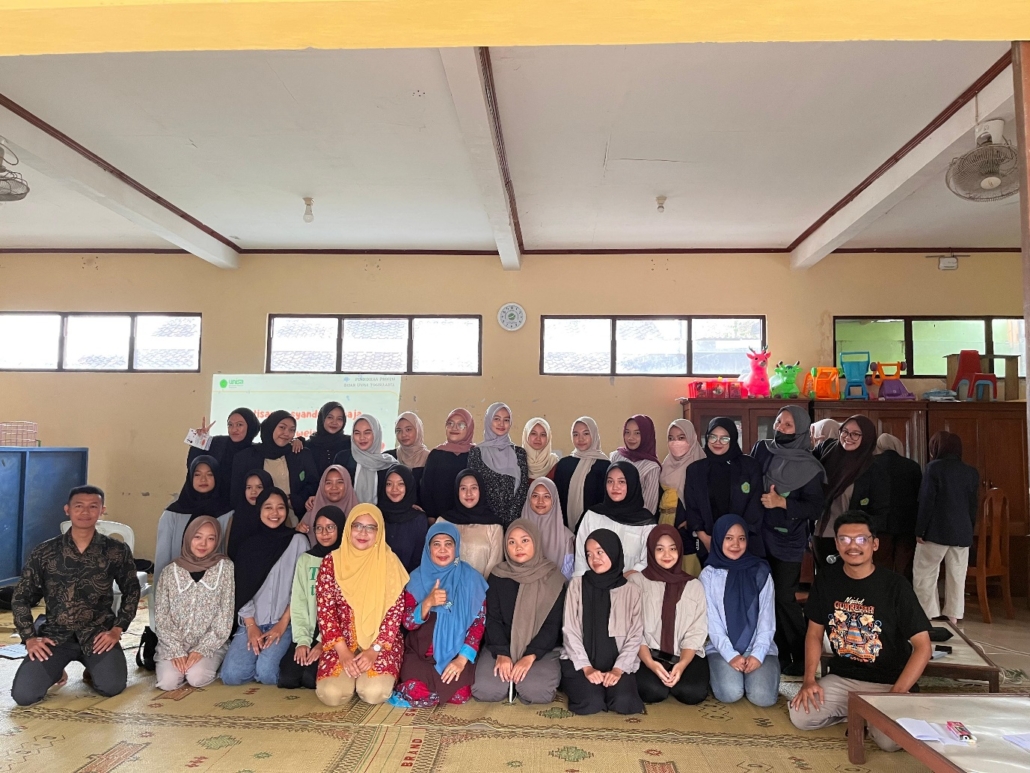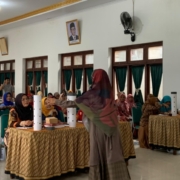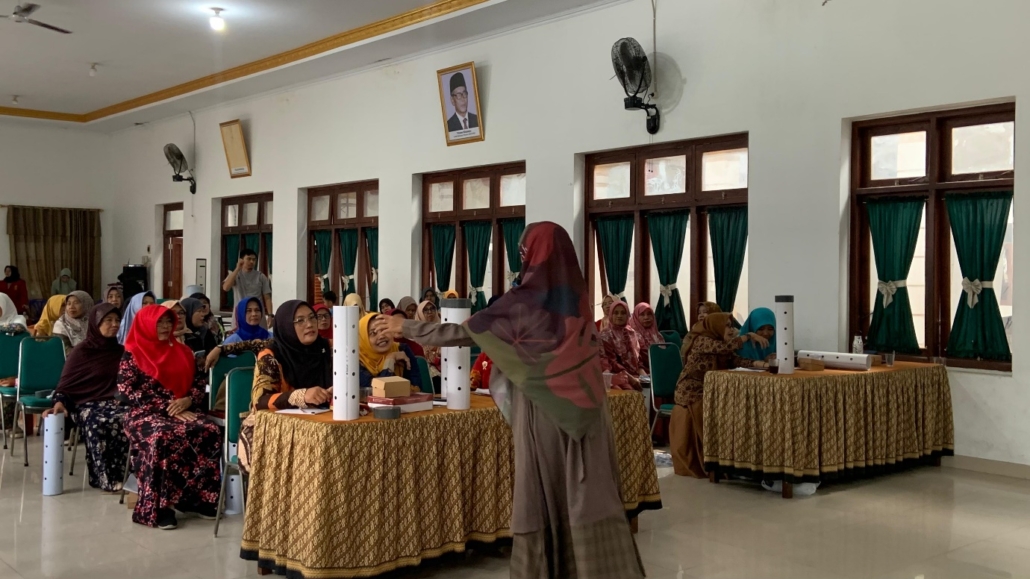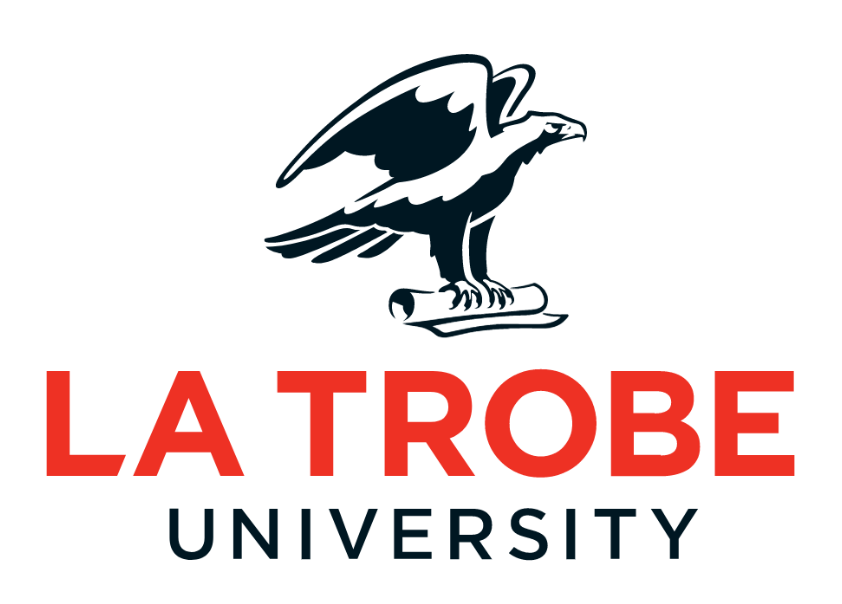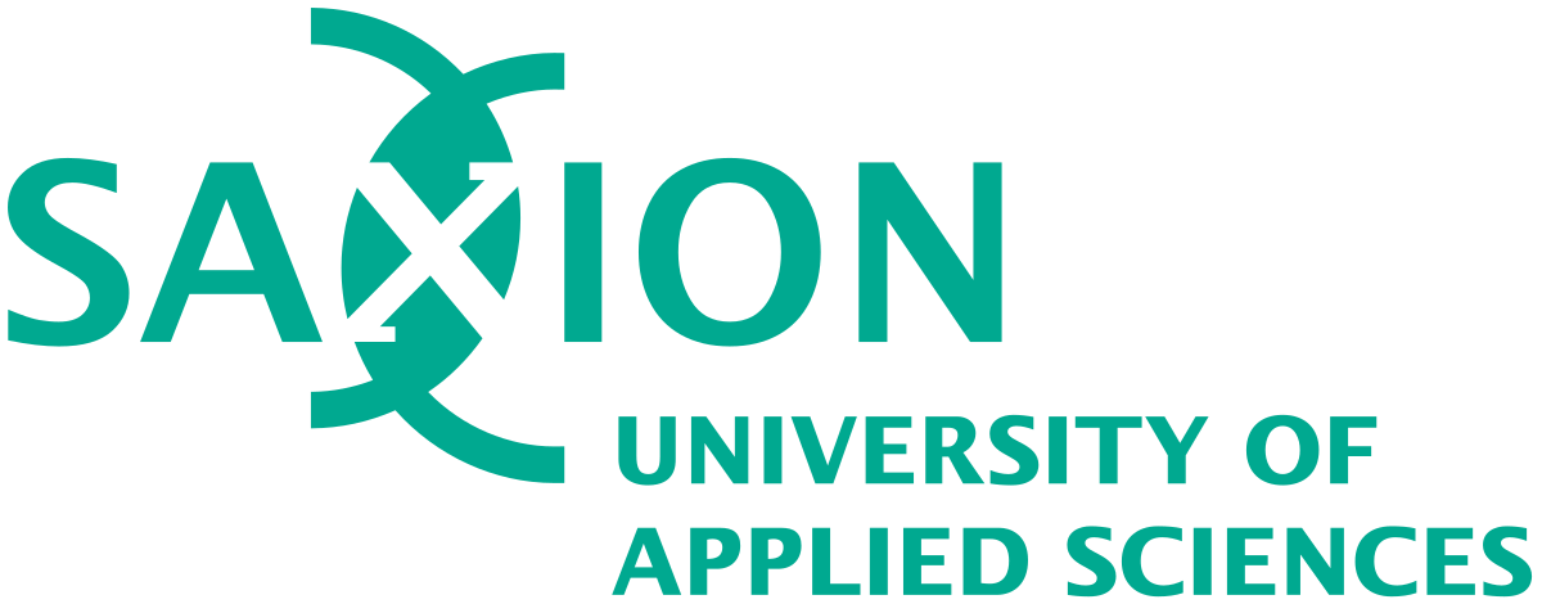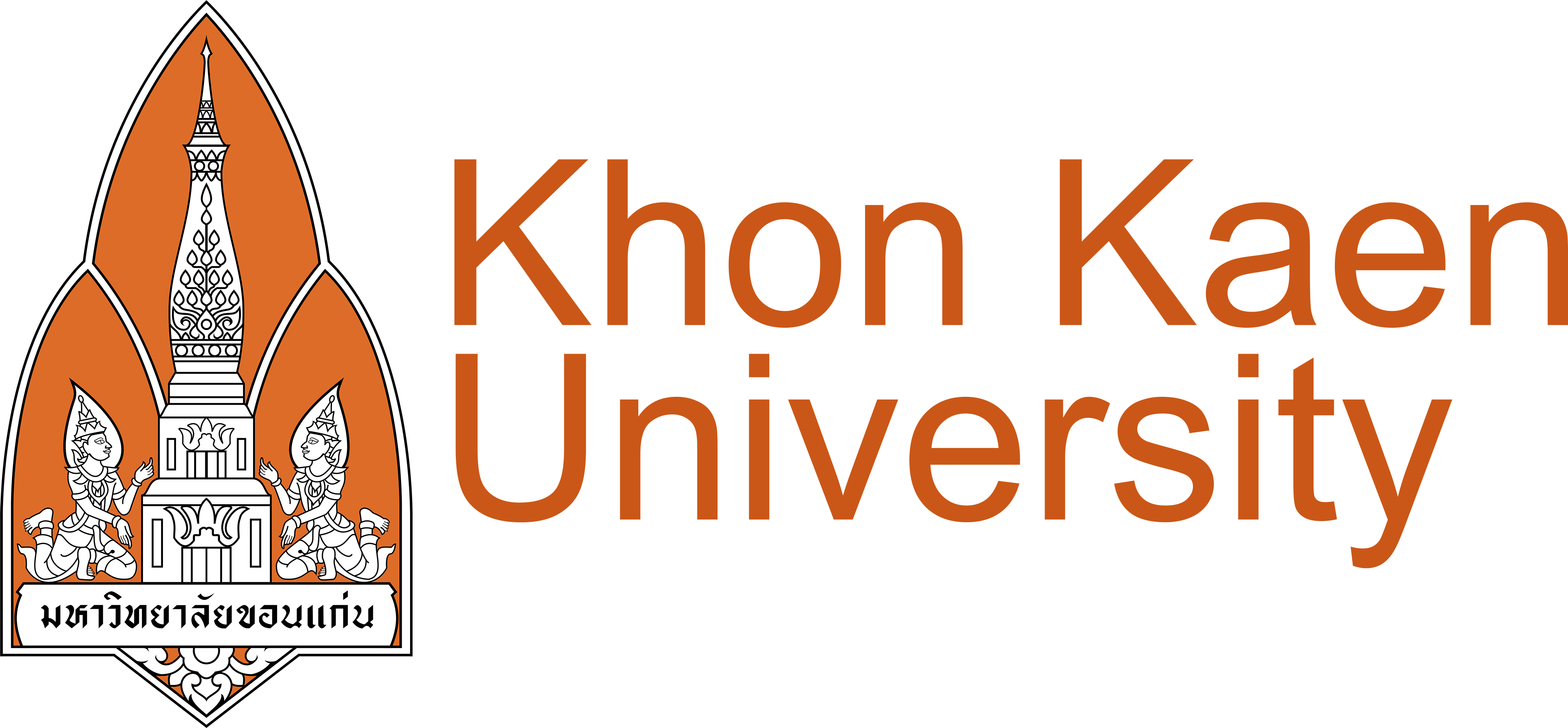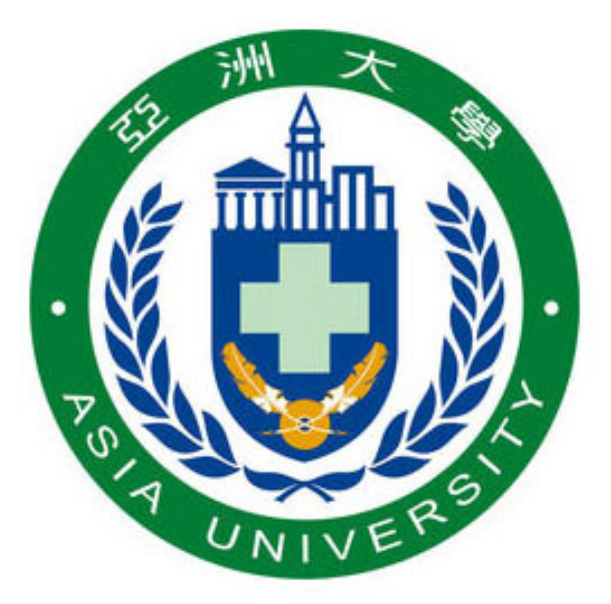Aisyiyah University (UNISA) Yogyakarta, through the synergy of its three programs, Accounting, Management, and Public Administration is now collaborating with Sidoagung Village to strengthen the position of Village-Owned Enterprises (BUMDes) as economic drivers. This partnership is not just lip service, but a strategic foundation for a more robust, independent and competitive BUMDes, even to the regional and national arena.
This proactive initiative begins with an in-depth identification of key actors, both internal and external to the village, who could potentially become strategic partners. This process is crucial to map out the roles, interests, and potential benefits that BUMDes can gain. From farmer groups, village cooperatives, youth organizations, to government agencies, banks, private companies, and even influential individuals, all are invited to work together. This partnership analysis focuses on three dimensions: roles, interests, and potential benefits, to ensure mutually beneficial and sustainable collaboration.
Erni Saharuddin, S.Sos., MPA, one of the UNISA Yogyakarta service team said that they did not remain silent, intense coordination with the Village Head and Ulu-Ulu Sidoagung has been carried out since March 12, 2024.
“This meeting is the first milestone to formulate adaptive and visionary BUMDes’ Articles of Association and Bylaws (AD/ART),” said Erni.
Erni also added that all the activities are well-structured: from training and workshops, drafting of bylaws, validation, to socialization and implementation. The entire crucial process is scheduled to take place between February 7 and June 2, 2025.
The strengthening of the partnership network is expected to widen BUMDes’ access to capital, expand markets, and improve human resource capacity. Thus, BUMDes Sidoagung will not only rely on internal village resources, but will be able to establish external relationships that expand business opportunities. This is a significant step forward, making partnership identification not just an administrative process, but a long-term strategy to encourage BUMDes as a pillar of a resilient and sustainable village economy.
